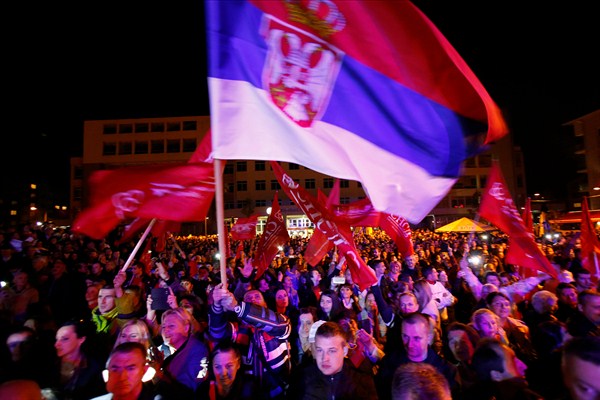BELGRADE, Serbia—It’s a strange time for Europe. In September, the European Union’s 28 member states formally accepted Bosnia and Herzegovina’s application for membership. Yet the next month, as rhetoric around local elections and a referendum in the Balkan state rose to a fever pitch, some analysts and politicians once again raised the prospect that the country’s very existence was under question.
Pessimistic insiders in Sarajevo have been warning for years that Bosnia was on the brink of collapse, while optimists hope that an EU-led reform program will finally transform the country’s economy, society and stultifying political scene. A middle scenario would see more of the same: systemic dysfunction, but with piecemeal progress in some areas, and backsliding in others when it suits the political elite. The reality is that EU accession is a long way off, and there are substantial geopolitical roadblocks ahead.
In a referendum on Sept. 25, voters in the Serb-dominated Republika Srpska—one of the two largely autonomous entities that make up Bosnia and Herzegovina—overwhelmingly voted in favor of keeping Jan. 9 as the national day, in defiance of the country’s Constitutional Court. This seemingly arcane issue is in fact loaded, not only because the date is the anniversary of the Republika Srpska’s controversial foundation in 1992, in the run-up to the Bosnian War, and is seen as discriminating against Bosnian Muslims, or Bosniaks, and Croats. The vote has also been perceived as a serious challenge to the country’s unitary state and the constitutional settlement that brought an end to the war through the 1995 Dayton Accords, even though, soon after the election, the Republika Srpska’s parliament backtracked on the national day law.

